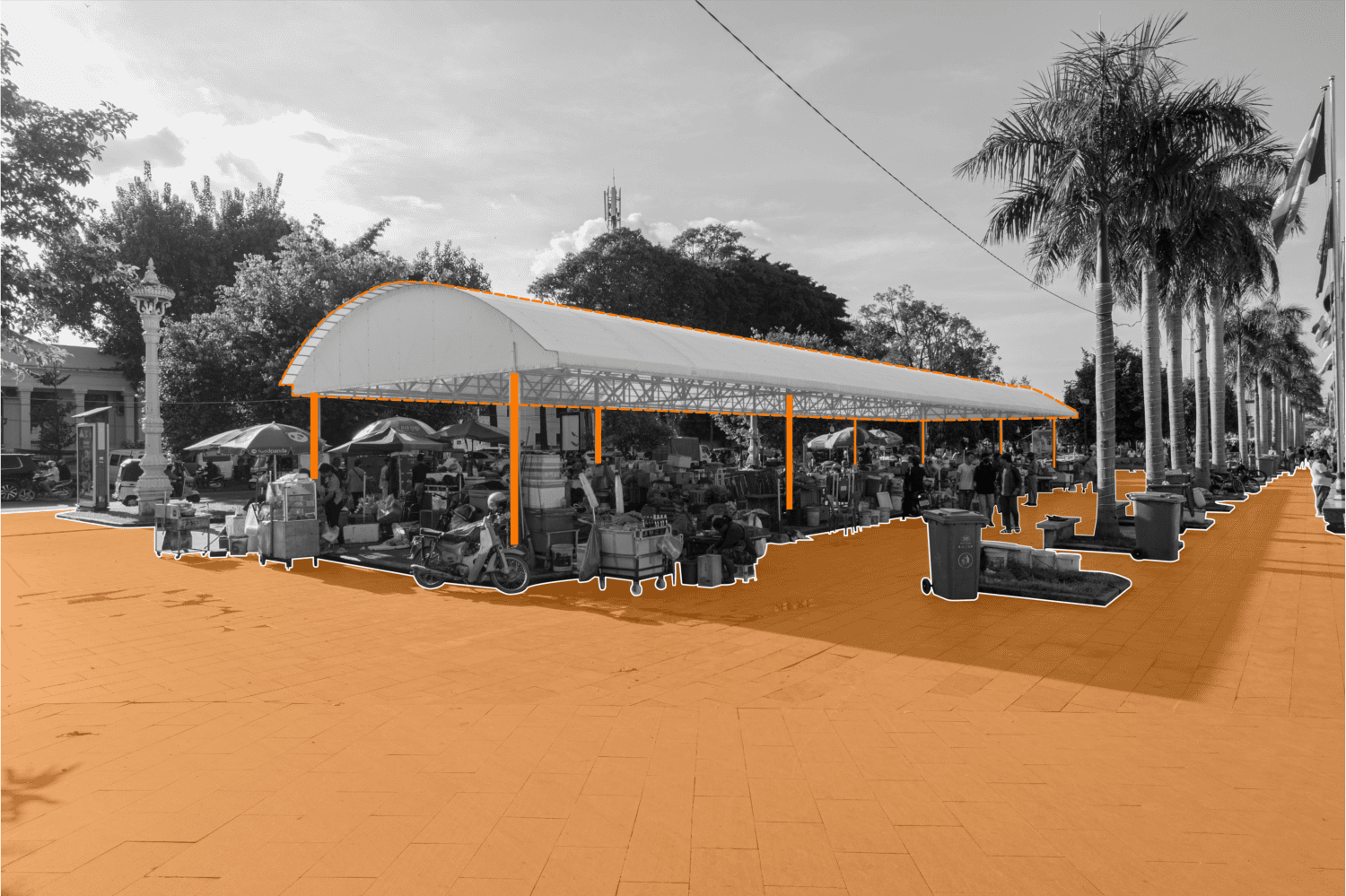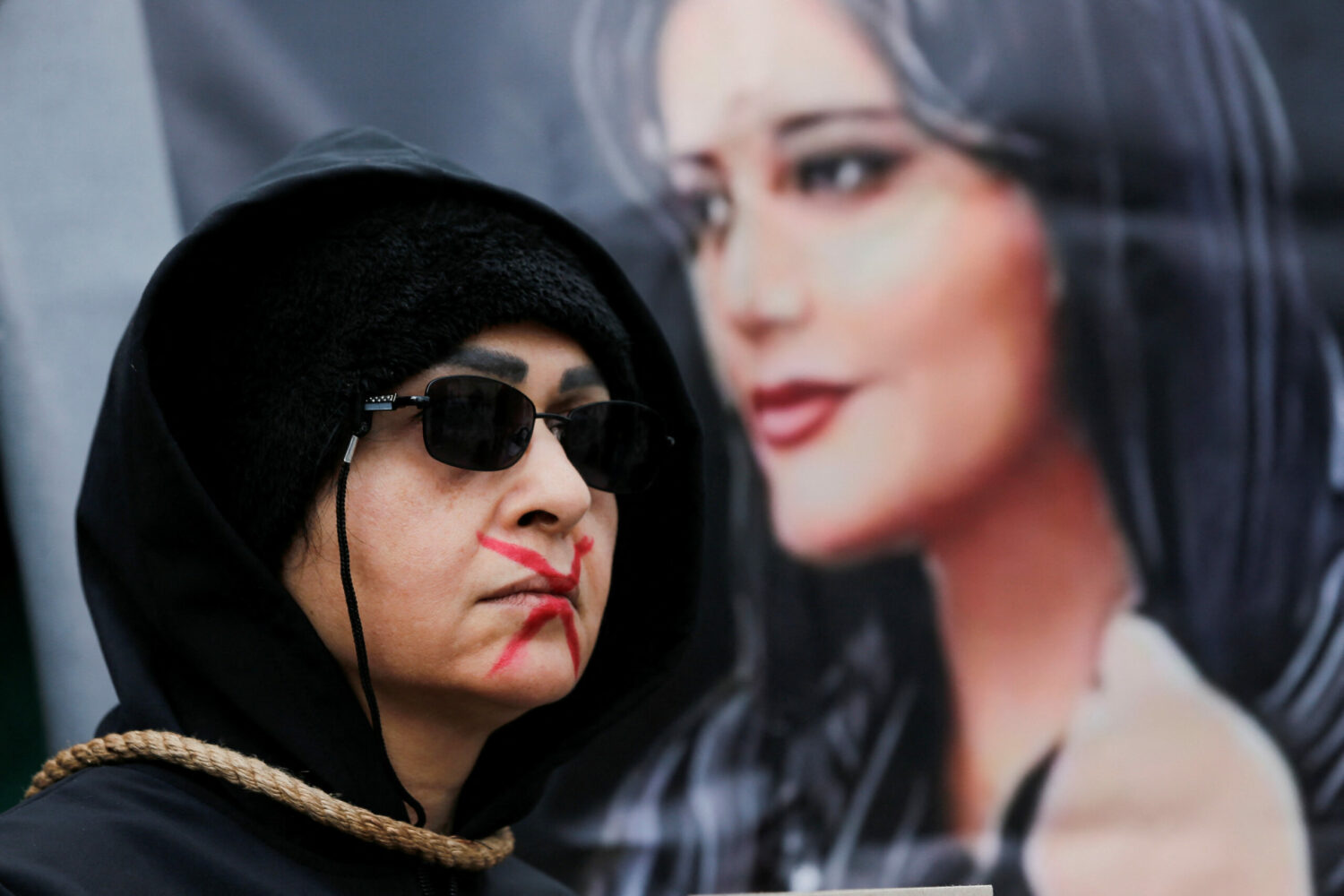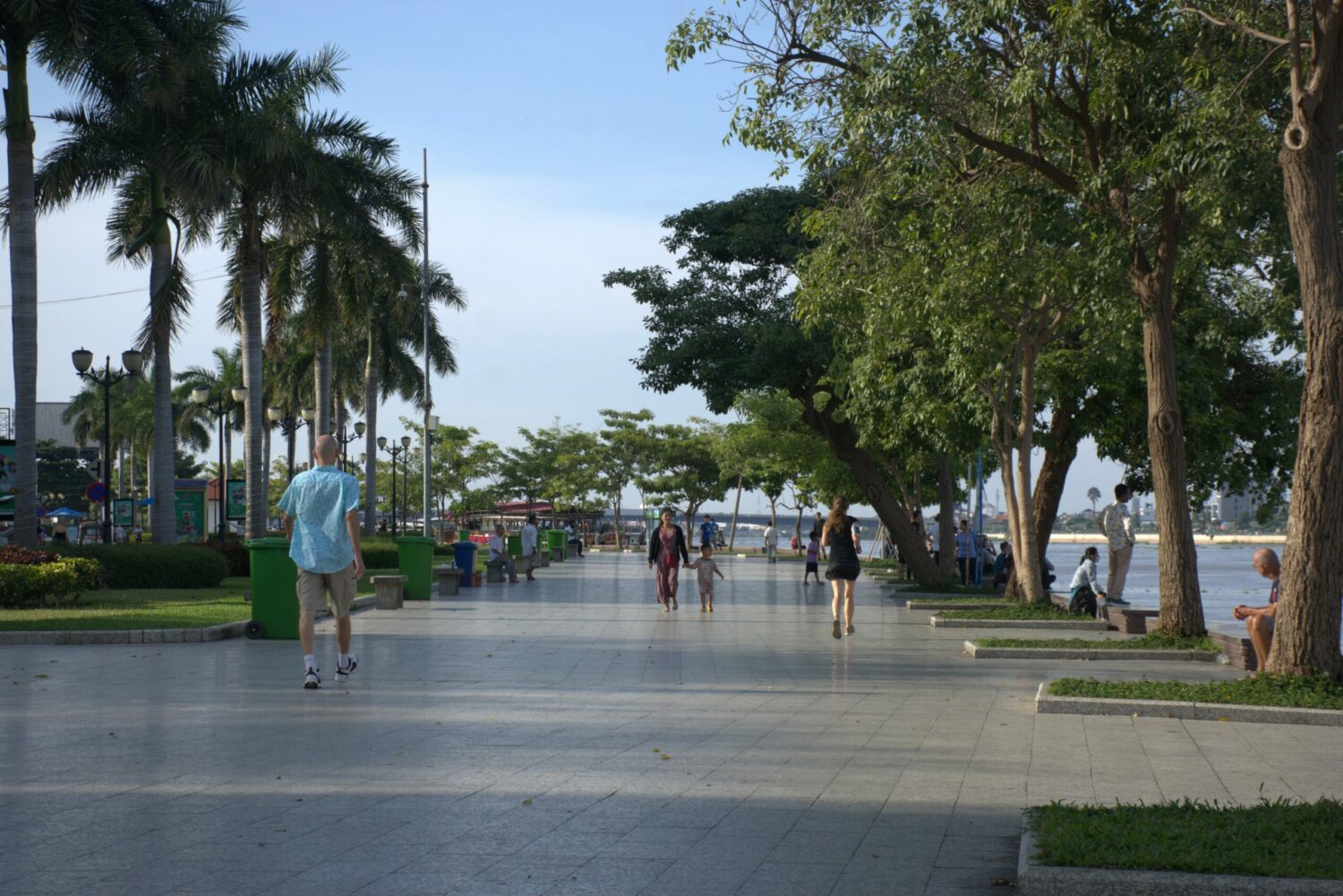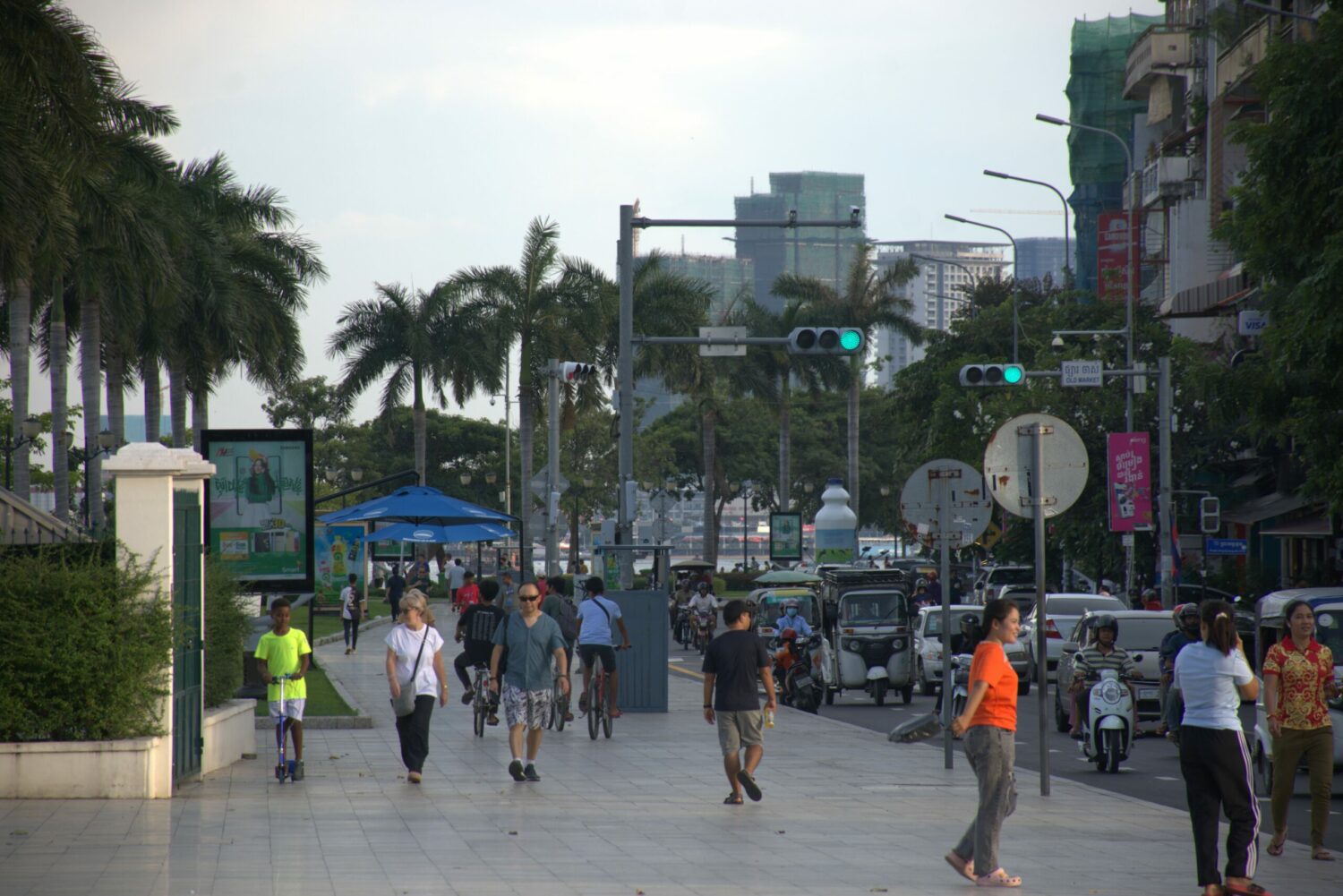 Vitit Muntarbhorn is professor emeritus at the Faculty of Law, Chulalongkorn University. He has helped the U.N. as U.N. special rapporteur, U.N. independent expert and member of U.N. commissions of inquiry on human rights. He is the recipient of the 2004 Unesco Human Rights Education Prize.
Vitit Muntarbhorn is professor emeritus at the Faculty of Law, Chulalongkorn University. He has helped the U.N. as U.N. special rapporteur, U.N. independent expert and member of U.N. commissions of inquiry on human rights. He is the recipient of the 2004 Unesco Human Rights Education Prize.
The pandemic is inevitably teaching humanity a lot of lessons. The traditional three pillars of literacy — reading, writing and arithmetic (the three Rs) must now be complemented by digital literacy. The advent of online learning, metaverse, artificial intelligence, blockchains and robotics calls for an appreciation of not only the opportunities but also the dangers posed by technology. The human touch is essential behind the march of innovations.
A personal dilemma arriving at the doorsteps of the teaching process, now embodied in online education, is this. Should teachers compel students to switch on their cameras when learning online? The compromise is possibly this. To invite students to switch on the camera unless there is a good reason for not doing so, such as the lack of a personal computer due to poverty or lack of privacy to communicate. Flexibility, rationality, empathy and necessity are thus part of pedagogy.
There are further considerations of note. The old maxim “Learning by doing” voiced by Unesco years ago is still relevant today in our interaction with emerging futures. It is still true that “schooling” is not equivalent to learning. Even with the flood of information on the internet, the role of the teacher can still be relevant but it should be less as a magisterial lecturer and it should be more as a coach to enable students to critically analyze a variety of information. Even though the pandemic has made field visits and field work more difficult, access to life situations to learn from the wisdom of others is still important as experiential learning.
Cross-cultural and inter-disciplinary knowledge and learning are to be nurtured, bearing in mind that there should always be room for the social sciences as a complement to the technological stream, as they are critical for a sense of consciousness and conscience about the self-actualization of and between humans, with a grasp of history. Moreover, social interaction, such as through sports, artistic events, community programs and pro bono work to help marginalized groups are all lessons in socialization that enable the learner to value the basics of life not only materially but also non-materially and spiritually.
There is then the challenge of “including and participating.” This entry point invites us to take stock not only of what is learned but also of how it is learned. There is the complementarity between substance and methodology. There are still many settings today where the methods of teaching and learning are not participatory enough as we prepare for our futures. Democratic space in the so-called classroom, whether offline or online, is a dilemma when faced with the opacity where and when learners are subjected to indoctrination, without the space and freedom to participate actively in discussions with an open mind. This is very poignant in Asia where many states are nondemocratic, and both academic freedom and educational freedom are much constrained.
However, there are already instruments in the educational toolbox that should be well used. The international community’s Sustainable Development Goals (SDGs) have enjoyed universal “buy-in” by countries and their goals, targets and indicators set the tone for inclusion and participation. In particular, SDG 4 calls for quality and inclusive education, with gender sensibility. It emphasizes not only primary education but also preschool and secondary education. Technical and vocational education is all the more important now to help people learn new technological skills, especially when work opportunities might no longer be linear in the sense of one lifelong job per one person. Thus there is the challenge of adaptability with access to all persons without discrimination under the promise of “Leave no one behind.”
Finally, there is the issue of caring and sharing. There are generally three components behind education: the fostering of knowledge, attitude and behavior of the human person that is responsive to other persons and the environment. The pandemic is an opportunity to revitalize our responsiveness to the broader community and environment around us. One obvious global/local challenge is climate change and the need to mobilize everyone to decarbonize and reduce waste. The world is not short of standards and there are plenty of treaties and action plans, encapsulated by the Paris Accord on climate change which builds upon the International Framework Convention on Climate Change. There is the well-known target to be realized which is to ensure that global temperature/warming does not rise by more than 2 degrees Celsius and preferably kept below 1.5 degrees.
Measures are needed not only to mitigate the situation, such as to phase down/phase out the use of coal and to reduce dependency on oil and gas, but also to adapt to more sustainable practices, such as good town planning to address climate change, and incentivization, such as tax relief, to enable the public to opt for solar energy and other green, renewable energy. The potential to commit to all these measures will depend much on education from a young age that cares for and shares with others, together with respect for other forms of life on Earth and to face the fact that in a sense, the future is already here as an existential challenge for our survival as a human race. There can be no sustainable future unless there is also a humane face gazing amicably at the panorama around and before us with a call to partnership across the variety of generations, while underlining our responsibility toward posterity.
Vitit Muntarbhorn is a professor emeritus at the Faculty of Law, Chulalongkorn University. He has helped the U.N. as U.N. special rapporteur, U.N. independent expert and member of U.N. commissions of inquiry on human rights. He is the recipient of the 2004 Unesco Human Rights Education Prize. This article is derived from his keynote speech at the Emerging Futures international conference organized by Chulalongkorn University, March 3-4, 2022, Bangkok.












